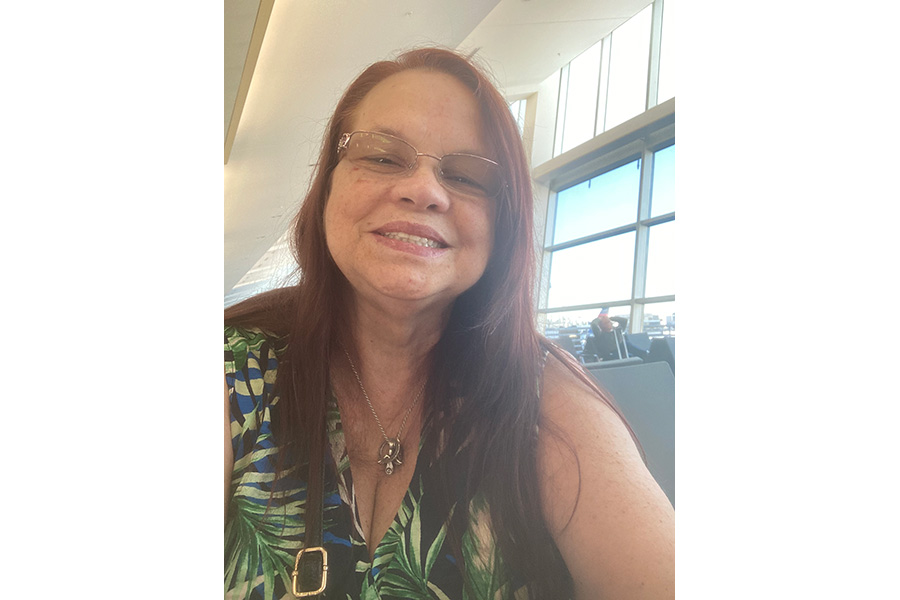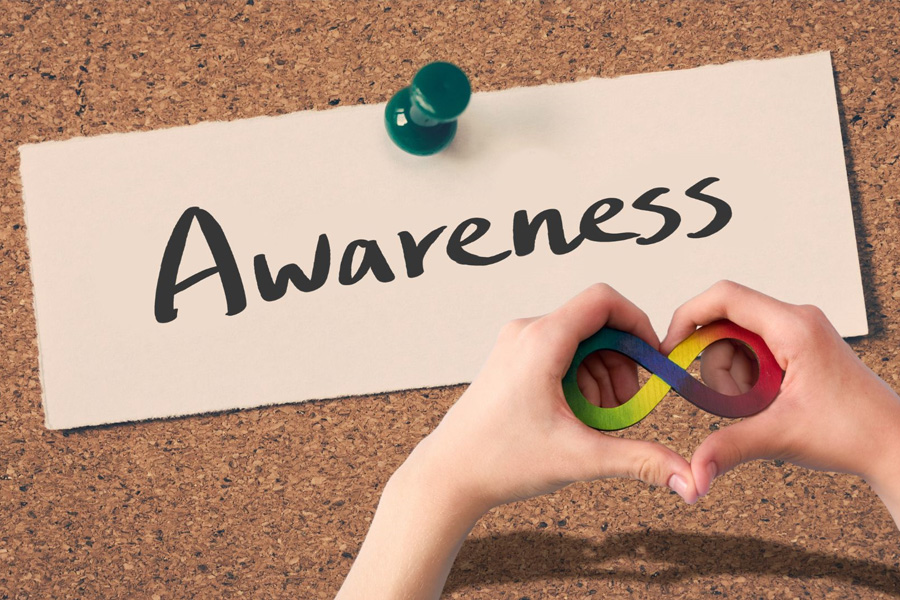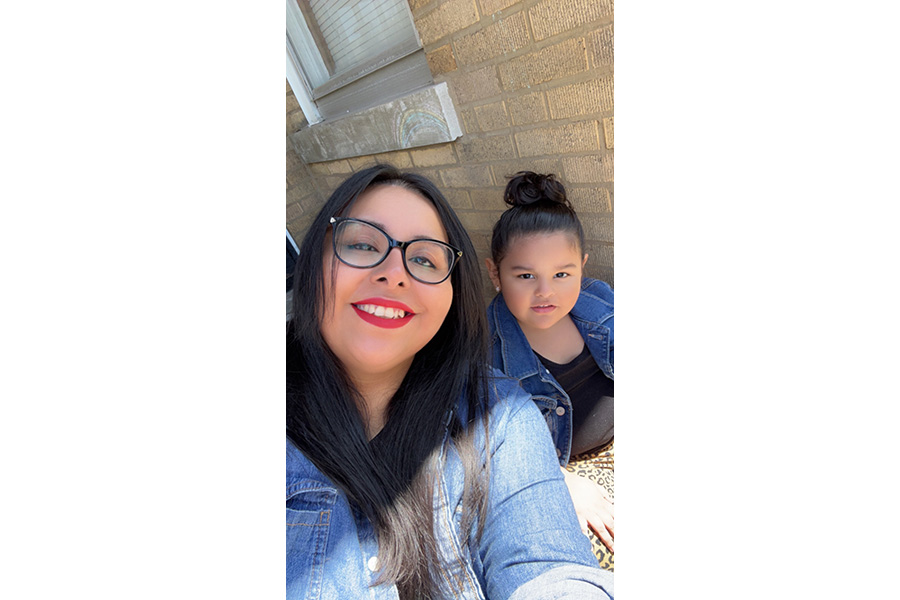Medication for ADHD is not some sort of magical solution. Although it may help with improving your child’s ability to attend for longer periods, it will not manage the executive functioning, behavioral, social, and emotional struggles that often walk hand-in-hand with ADHD.
Parents often struggle with this question: should I place my child on medication? The diagnosis itself does not create a clear-cut yes or no answer. Is your child struggling with activities of daily living at home? What activities does your child struggle with in school? Whether or not medication is the right tool for your situation depends on your child’s profile and specific needs.
Hyperactivity, Impulsivity, and Inattention
When children in elementary school are diagnosed with ADHD, it’s not uncommon to see a high level of external hyperactivity and impulsivity. This may look like:
- Shouting an answer within the classroom without raising his or her hand.
- Intruding or interrupting conversations or activities among peers.
- “Falling” out of his seat.
- Leaving her seat often and sometimes without a clear reason.
- Getting angry or sad quickly.
- Having a low frustration tolerance, and when things don’t come easily, they give up.
Over time, as our children grow into teens and young adults, external hyperactivity and impulsivity turns into internal hyperactivity and impulsivity. Although our kids may not be leaving their seats or speaking out of turn, they are now internally distracted with their thoughts and worries. They feel the need to get up and move but instead are restless and fidgety at their desk. They tap their pencil, shake their leg, or twirl their hair. The symptoms haven’t changed but their manifestation has.
Social Skills
Our kids/teens/young adults with ADHD may also show signs of poor social skills in which they struggle to time their “entry” into a conversation, or their questions and comments into a conversation. Instead, they seem to “intrude” or “interrupt” a conversation with a topic that may not be the same as the one that was being discussed. They may seem to “take over” the conversation with another topic of interest and then speak excessively about it without taking note when the others may have lost interest. They may not take note of the body language that is saying, “Hey, I’m not interested anymore,” or “You’re talking too much about this.”
As our kids with ADHD get older, I often hear from parents, “My child can make friends but doesn’t have a friend group or a best friend,” or “My child can make friends but can’t keep them.” It is also very common for our kids/teens/young adults to be highly sensitive to social criticism and rejection. That is, our children with ADHD may perceive certain comments and actions by others as being directed at them or feel deeply hurt by certain comments made by peers towards them. As teens get older, they tend to tease each other as a way of relating and being highly sarcastic. This is when social interactions become more “art-like” and there is the development of the “gray” area thinking. However, our kids with ADHD may still be functioning more in the domain of literal or concrete interpretations of social comments.
So, what is the ‘right’ thing to do when it comes to medication? Is there a ‘right’ thing? The answer, unfortunately, or fortunately, is no. There are several variables to consider when deciding the appropriate course of treatment for your child and your family, as this decision is a family affair.
What is the impact on my child’s daily functioning?
This question refers to how much your child is affected by poor focus, hyperactivity, or impulsivity within the classroom and at home.
Answer these questions:
In School:
- Is your child able to learn class lessons, or are they missing information that will impact the foundational skills needed for later skills?
- Is your child struggling to form friendships because of how impulsive they are, and are they now being labeled as “annoying” by other peers and/or being excluded?
At Home
- Is your child able to participate in a family dinner at home by sitting at the dinner and initiating/participating in a conversation?
In Public Settings
- Is your child able to be in a restaurant or a store setting and follow general behavioral etiquette?
Socially
- Is your child able to play with another child in their home without breaking things/toys?
- Is your child invited to friends’ houses and to social events such as birthday parties, and does your child reciprocate?
Your decision will be based on how severe the level of impact is on your child’s ability to participate in daily activities in school, at home, and in social situations.
Are there other strategies I can use before trying medication?
Many executive functioning strategies can be used at home and in school to help your child achieve good habits. Consistency is key.
There are many strategies to choose from, but the ones that you’ll be implementing will be based on the areas of need for your child and you as a family. Start small and expand the behavioral expectation as your child is experiencing success.
What types of medications are out there?
Consult with your pediatrician, a psychiatrist, or a neurologist. If you are interested in trying medication, do so for a month’s duration. Don’t go based on your observations alone; engage the major players in your child’s life, such as teachers, coaches, etc. Also, ask your child about their experience.
Deciding whether or not to give your child medication following an ADHD diagnosis is a tough one. Ask yourself the questions listed above and answer honestly. Whatever your decision for your child’s treatment, keep in mind that no decision is final. If you choose to try medication, you can decide to come off of it if you feel that it isn’t working. You can also take a ‘holiday’ where you don’t give your child medication on weekends or during school breaks. You may also wish to pursue behavioral modification strategies with the help of a Psychologist or ADHD Coach, with or without medication.
Whichever course of treatment you choose, you will need to assess and re-assess and re-assess again continuously as your child’s academic and social needs will change, and as your child goes through physiological changes. Don’t do this alone – work closely with a Psychologist or ADHD Coach to help you make those decisions along the way.














